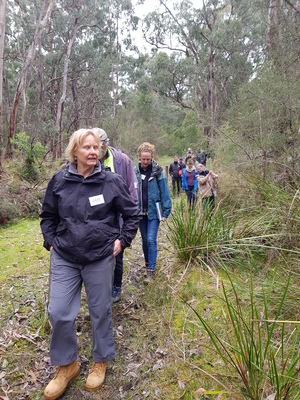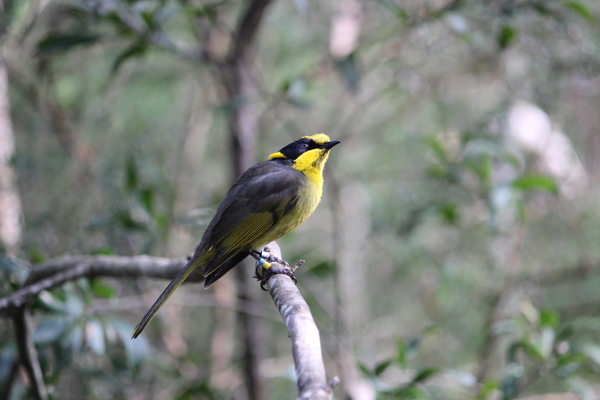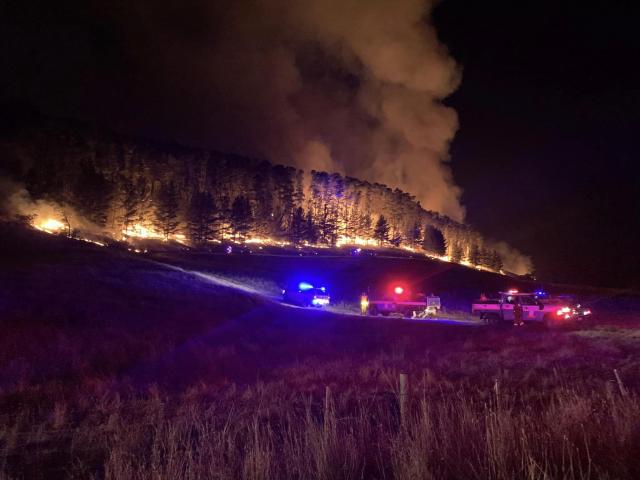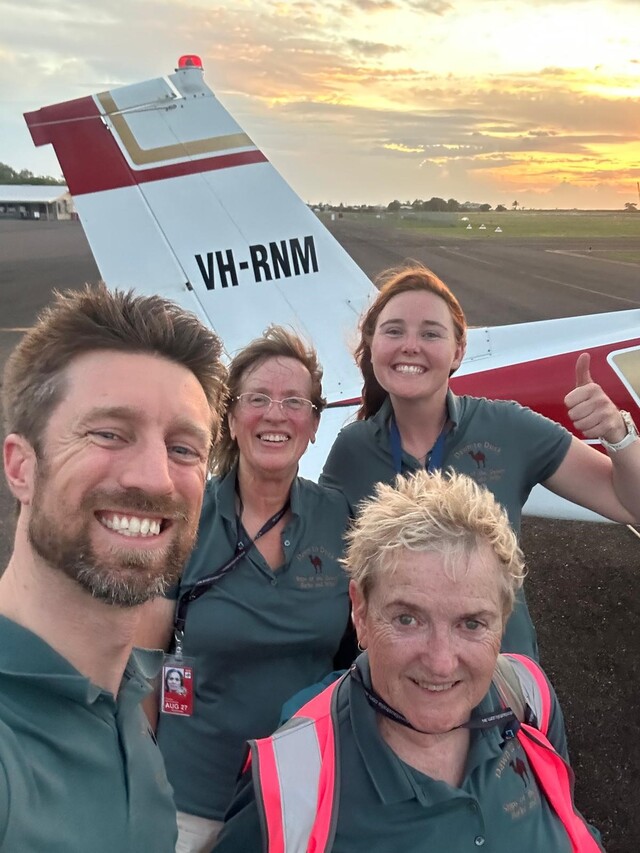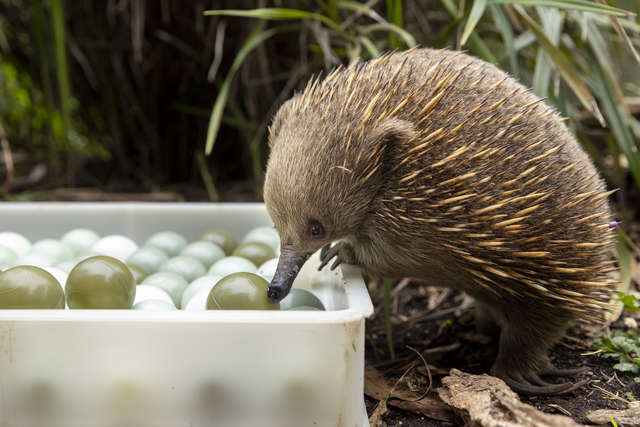Landowners across the Yarra Ranges are taking legal steps to permanently protect endangered species by placing conservation covenants on their properties.
Conservation covenants are tied to title, protecting habitat even after the property changes hands.
Trust for Nature has partnered with more than 1400 landholders across Victoria to put covenants on properties, with 48 of those in the Yarra Ranges.
Ben Cullen from Trust for Nature said they are working to link habitat for native animals such as the threatened Helmeted Honeyeater and Leadbeater’s Possum.
“We have a cluster of neighbouring properties adjacent to the Yellingbo Reserve that are protected by conservation covenants,” he said.
“The covenants make a real difference because they mean that as urban pressures increase in the area we don’t lose special environments that are critical to the survival of threatened species.”
According to Trust for Nature, landowners with covenants can still keep animals, maintain their home, garden and lifestyle while protecting important areas.
“Many landholders we work with don’t know a lot about conservation, and that doesn’t matter at all,” Ben said.
“They move to this area for its amazing natural beauty. It’s a lifestyle choice for many – the landholders happen to also be critical in saving the Helmeted Honeyeater and Leadbeater’s Possums from extinction.
“That’s an incredible legacy and something they can be really proud of.”
Yellingbo residents Gaye Gadsden and David Carr put a covenant on two-thirds of their property last year.
“I really love wildlife and we’ve just got tens of thousands of creatures that we share this property with and I don’t want to see their home compromised,” Gaye said.
“We’re only caretakers here for at best a couple of decades and beyond that I want to make sure all of those other creatures that we share this place with, home remains.”
Trust for Nature is a not-for-profit organisation and one of Australia’s oldest conservation organisations.
It was established by an Act of the Victorian Parliament in 1972 to protect habitat on private land.

